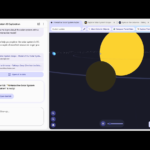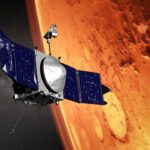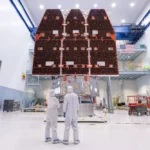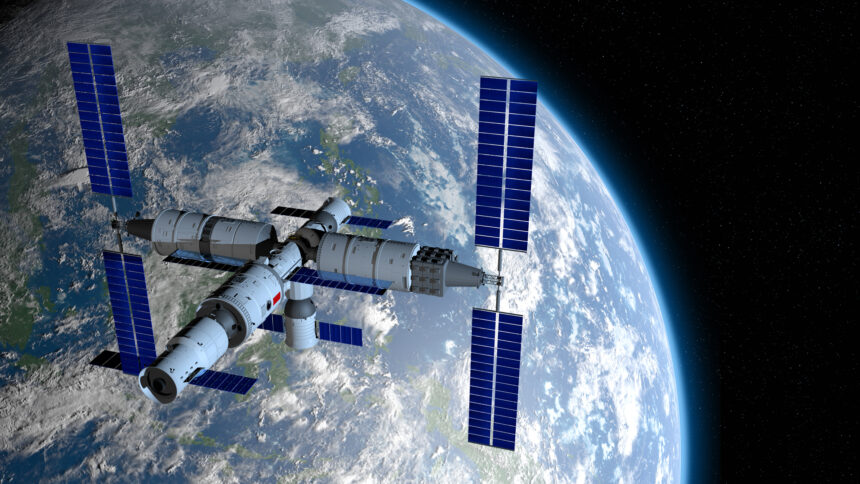A new bacterium identified on the Tiangong space station has surprised the scientific community with its ability to withstand extreme conditions beyond Earth. In fact, the discovery could change the way we understand microbial life in extraterrestrial environments.
The strain, named Niallia tiangongensis, was found on the surface of equipment aboard the Chinese orbital module and is a previously unreported variant of the Niallia genus, classified within the Cytobacillaceae family.
The study, conducted by the Shenzhou Space Biotechnology Group in conjunction with the Beijing Institute of Space Systems Engineering, has been published in the International Journal of Systematic and Evolutionary Microbiology.
Complete genomic analysis revealed that this bacterium is morphologically similar to other bacteria in the same group, but differs in key functions. In particular, it exhibits high radiation tolerance and is capable of forming resistant spores and building biofilm layers that act as a shield against harsh environments, a trait that makes it a highly adapted organism for life in space.
Its resilience challenges what is currently known
In addition to its physical resilience, Niallia tiangongensis stands out also for its ability to break down elements into nitrogen and carbon, suggesting it could survive even in nutrient-poor conditions. Unlike its terrestrial relatives, this bacterium has lost the ability to utilise other energy sources common in similar strains.
The discovery was made possible by the Chinese station’s Habitable Area Microbiome Program, which regularly monitors the microbial environment within the orbiting laboratory. The samples were collected using swabs by the Shenzhou-15 mission crew and subsequently analysed on Earth using high-resolution imaging techniques and comparative phylogenetic studies, according to SCMP.
Niallia tiangongensis sp. nov., isolated from the China Space Station. #TIC2025 https://t.co/Ii4chy2gPH pic.twitter.com/YDHooCx6xk
— Science News (@SciencNews) May 17, 2025According to the researchers, the resistance of this bacterium “defies what we currently know” and represents a key case in studying the adaptation of microorganisms in closed environments, which will have a direct impact on the protection of astronauts and the design of life support systems during long-duration missions.
Although it has not been determined whether Niallia tiangongensis poses a direct threat, its relative Niallia circulans is known to cause sepsis in immunosuppressed patients.
The discovery also calls for a review of disinfection and microbial isolation protocols onboard spacecraft. Previous research has shown that, even in clean rooms used by agencies like NASA, dozens of bacterial species have been identified that are capable of surviving in supposedly sterile environments.





